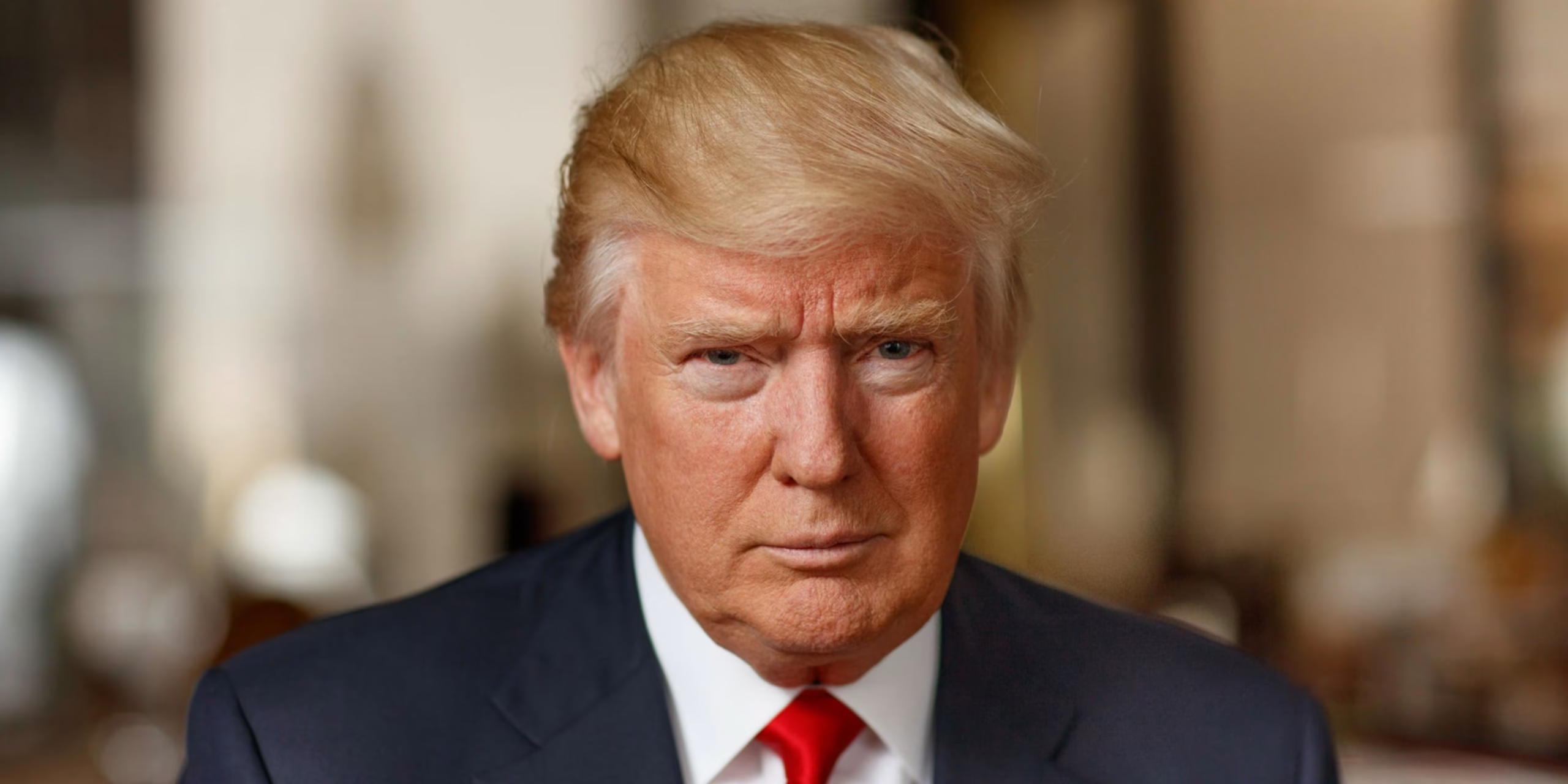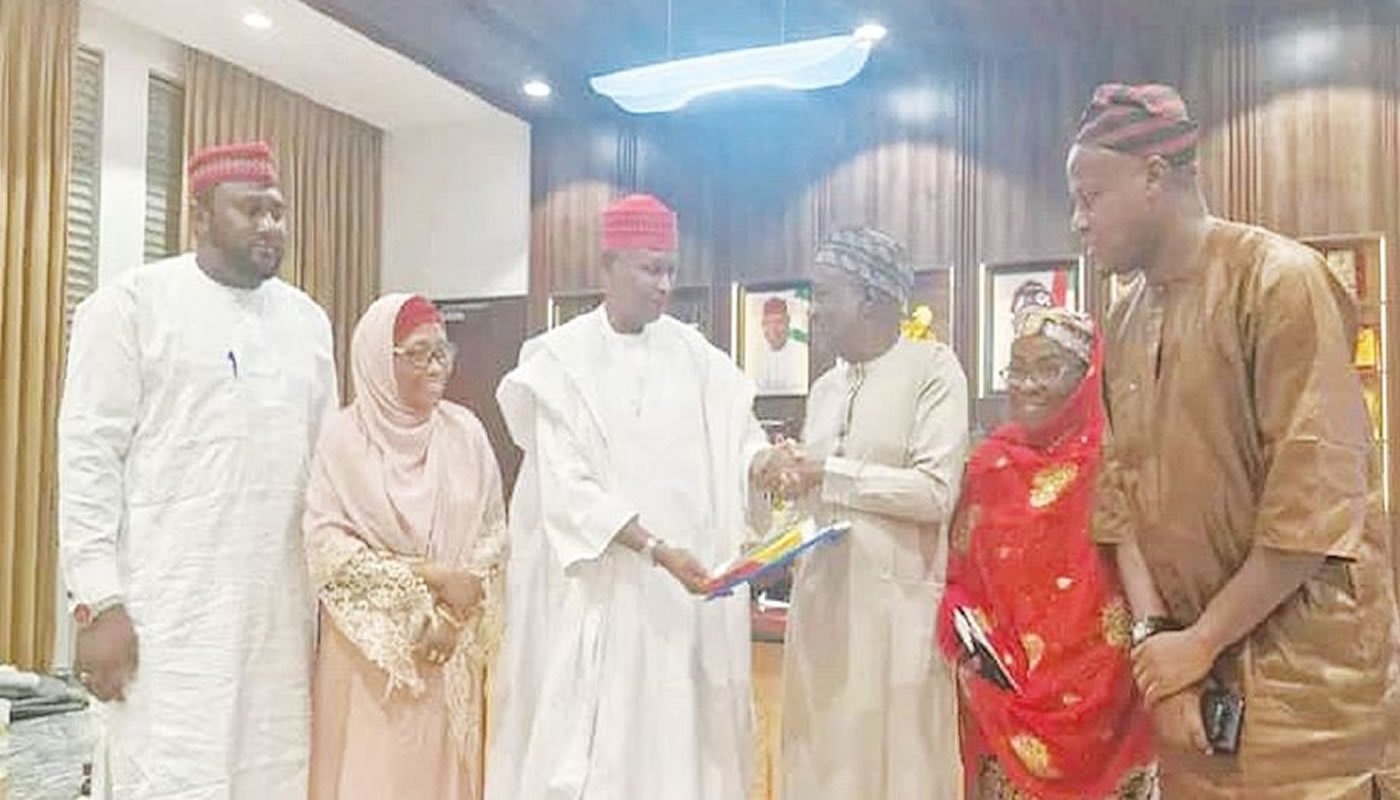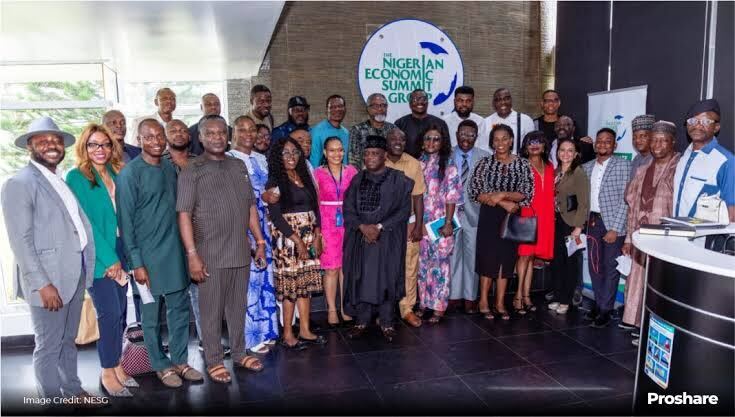National Gallery of Art Nigeria has digitised part of its collection, enhancing cultural preservation and access while supporting local artists through new funding initiatives
National Gallery of Art Nigeria has taken a major step forward in preserving and modernising the country’s artistic heritage by successfully digitising the first batch of its National Collection.
Director-General Ahmed Sodangi made the announcement during a briefing with members of the Culture, Arts, Tourism and Entertainment Writers Association (CATEWAA) in Abuja.
He revealed that this digitisation milestone—achieved in partnership with the Goethe-Institut, Museum of West African Art, and Julius Berger marks a new chapter in making Nigerian art globally accessible.
“The development of a comprehensive digital catalogue is a key component of our project,” Sodangi said, noting that the first inventory batch arrived on August 1st.
This database will serve as a detailed archive of the nation’s art legacy and offer QR code integration for easy visitor engagement.
In addition to digital preservation, Sodangi announced that the gallery is implementing certification processes and travel permits for artworks to boost institutional value and transparency.
He reaffirmed the agency’s support for local artists, encouraging them to explore the newly launched **Creative Economy Development Fund (CEDF) a government-backed initiative promoting innovation across the creative sector.
“Our aim is to consolidate regional presence now in 26 states into a cohesive national vision. This includes valuing the contents of our collection and making it accessible through digital platforms,” he explained.
CATEWAA President, Mrs. Bridget Onoche, commended the Gallery’s leadership, urging more robust media coverage for Nigeria’s often overlooked art sector.
“Art is sacred to Nigeria and deserves greater recognition,” she said. “We will continue to spotlight the exceptional work being done in our galleries.”
With this historic digitisation push, the National Gallery of Art Nigeria is not only preserving its legacy but also creating a powerful tool for public engagement, academic research, and international visibility.

 Business3 years ago
Business3 years ago
 Events3 years ago
Events3 years ago
 Culture3 years ago
Culture3 years ago
 Culture3 years ago
Culture3 years ago
 Events3 years ago
Events3 years ago
 Events1 year ago
Events1 year ago
 Paranormal3 years ago
Paranormal3 years ago
 Events2 years ago
Events2 years ago
































